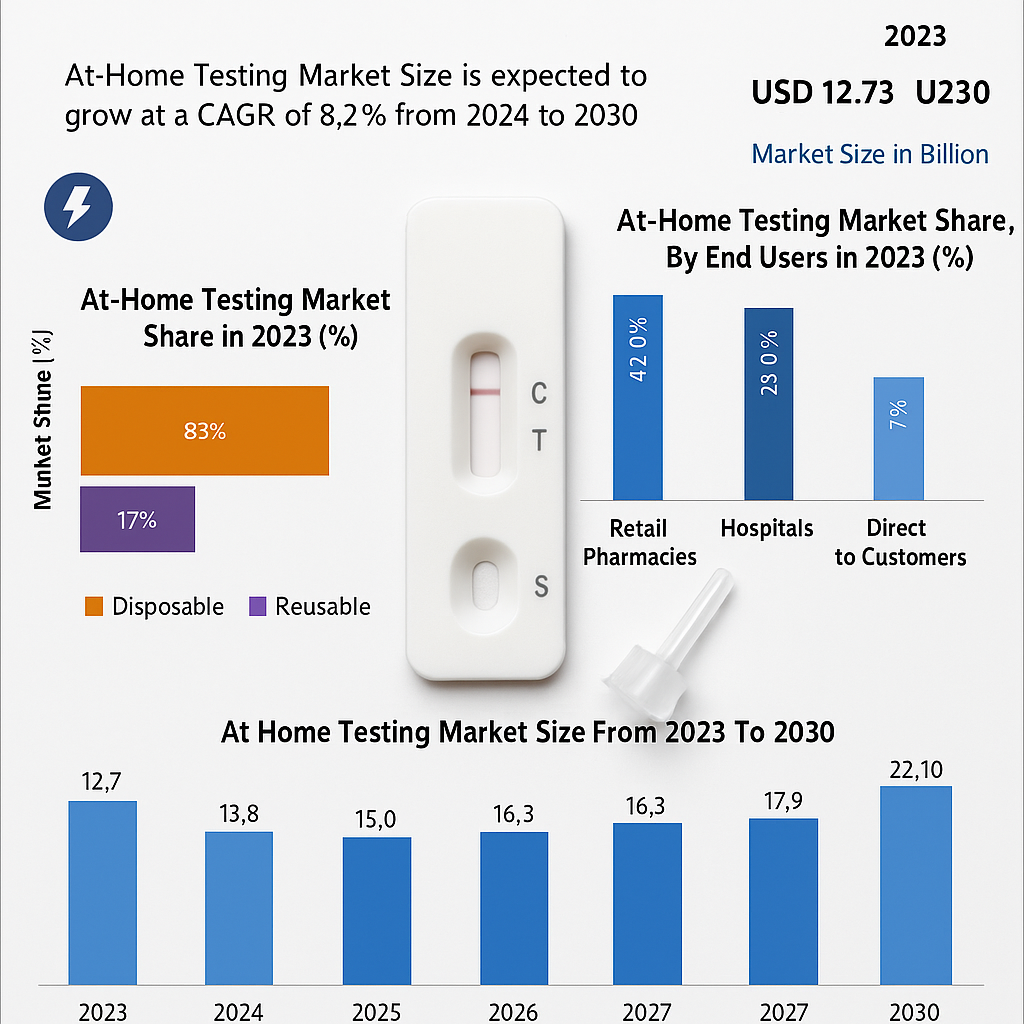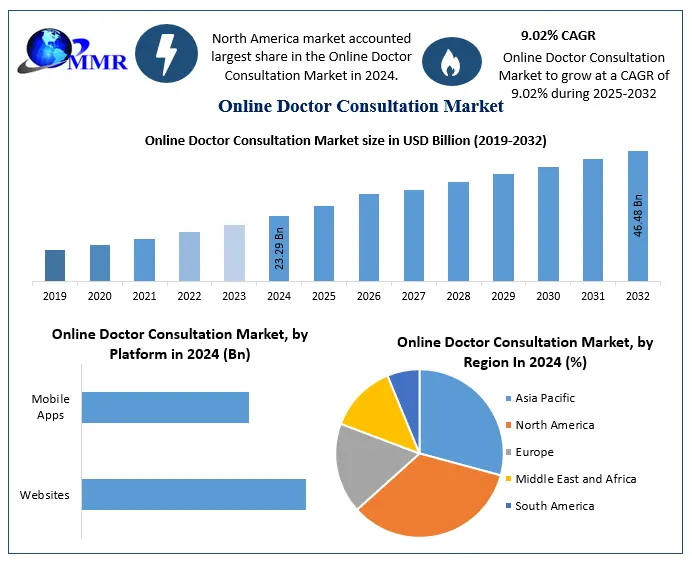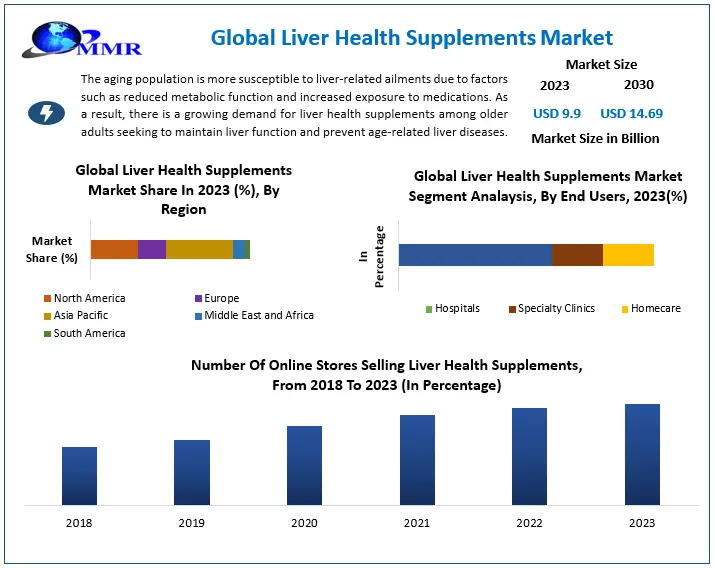The global at-home testing market size is on an unprecedented growth trajectory, with its market size valued at USD 12.73 billion in 2023. Forecasts project a robust compound annual growth rate (CAGR) of 8.2% from 2024 to 2030, bringing the market to nearly USD 22.10 billion by the end of the forecast period. This thriving sector is transforming healthcare by empowering consumers to take control of their health from the comfort of their homes, offering convenience, affordability, and rapid results.
Market Estimation and Definition
At-home testing refers to self-administered diagnostic tests that allow individuals to detect infections, monitor chronic conditions, or check general health without visiting healthcare facilities. This category includes over-the-counter (OTC) tests such as pregnancy tests, glucose monitoring kits, DNA tests, and rapid COVID-19 tests. These kits are designed for easy usage, minimal procedural steps, and quick outcomes. Originally developed for healthcare professionals, these kits have been optimized for layperson use, making critical health insights more accessible than ever before.
Get Sample Copy of The report : https://www.maximizemarketresearch.com/request-sample/189935/
Market Growth Drivers and Opportunities
Several factors drive the growth of the at-home testing market. Rising incidences of chronic diseases, greater consumer awareness about preventive healthcare, and technological advancements in diagnostic tools have led to a surge in demand. The availability of self-testing kits without prescriptions, facilitated by online pharmacies and medical start-ups, has further expanded the reach of these products.
Growing disposable incomes and heightened health consciousness among consumers have created fertile ground for market expansion. Government initiatives supporting early disease diagnosis and self-monitoring further bolster the market landscape. Public health initiatives have encouraged the integration of at-home tests into standard care practices, particularly for chronic conditions and infectious diseases.
The market also benefits from technological innovations such as digital connectivity with health apps and platforms. These integrations allow users to track results, store health records, and even consult healthcare providers remotely, offering a comprehensive, user-friendly experience. Self-testing advancements, such as digital pregnancy tests that provide 99% accuracy, have set new standards for reliability and user satisfaction.
Despite these advances, challenges like product recalls and stringent regulatory requirements loom. False positives or negatives can cause emotional distress and create hesitancy in adoption. Nevertheless, rising investments in research and development aim to overcome these hurdles, creating opportunities for safer, more accurate diagnostic solutions.
Segmentation Analysis
The at-home testing market is primarily segmented by product type. In 2023, diagnostic kits dominated the sector, accounting for a 65% market share. These kits serve two primary functions: early disease detection and therapy monitoring. Their ease of use and reliability make them ideal for various health conditions, including pregnancy, HIV, sexually transmitted infections (STIs), infertility, and diabetes management.
The self-testing kits segment has seen a significant boost from investments aimed at developing novel diagnostics. The rising need for HIV testing, in particular, has accelerated the demand for advanced at-home testing options. Currently, approximately 1.1 million individuals live with HIV in the United States alone, with about 39,000 new diagnoses each year, highlighting the urgent need for accessible and accurate testing methods.
Country-Level Analysis
United States
The United States represents a significant share of the global at-home testing market. The high prevalence of chronic diseases, increasing health awareness, and strong purchasing power fuel the demand for home diagnostics. Digital pregnancy strips and glucose monitoring devices are especially popular due to their convenience and high reliability. Additionally, the U.S. healthcare infrastructure’s encouragement of preventive care initiatives supports the rapid adoption of self-testing kits.
However, regulatory scrutiny, particularly from the Food and Drug Administration (FDA), presents challenges. Product recalls and stringent approval processes require manufacturers to maintain high standards of accuracy and safety. Still, robust investments in R&D and a culture of innovation ensure that the U.S. remains at the forefront of at-home testing advancements.
Germany
Germany stands out as a key European market for at-home diagnostics. Driven by a proactive healthcare system emphasizing preventive measures, German consumers readily embrace self-testing technologies. Diabetes self-monitoring and HIV testing kits are among the most sought-after products in the country.
Germany’s healthcare authorities encourage self-testing as a method to reduce hospital visits and increase early detection rates, contributing to better population health outcomes. Furthermore, the integration of digital health platforms with at-home testing devices aligns well with Germany’s digital health strategy, offering growth opportunities for tech-savvy diagnostic companies.
Competitor Analysis
The at-home testing market is highly competitive, with major players innovating continuously to capture market share. Leading companies include:
-
ACON Laboratories: A major force offering a broad range of rapid diagnostic and healthcare products designed for home use.
-
AdvaCare Pharma USA: Known for its extensive distribution network and portfolio covering various at-home diagnostics.
-
Apex Biotechnology: Specializes in blood glucose monitoring systems and other chronic disease management kits.
-
I-SENS: A technology-driven company focusing on high-accuracy glucose monitoring devices and digital healthcare solutions.
-
Oak Tree Health: Offers a wide range of self-testing products with an emphasis on user-friendly designs and affordability.
-
TaiDoc Technology: A global player integrating IoT technologies into home diagnostic kits.
-
VivaCheck Laboratories: A company recognized for its reliable and affordable self-testing kits, especially in emerging markets.
These companies are enhancing user experiences through improvements in packaging, instructions, and digital integration, making self-testing kits even more accessible and reliable for everyday consumers. New product launches, partnerships, and geographic expansions remain the key strategic moves by top players aiming to strengthen their global footprint.
Recent developments, such as Abingdon Health plc’s agreement with Salignostics to distribute saliva-based pregnancy tests and Cervicheck’s approval for its HPV diagnostic kit in India, illustrate the ongoing innovation shaping the market’s future.
The at-home testing market is entering a golden era, fueled by rising health consciousness, technological innovations, and a growing preference for convenience and privacy. As the world increasingly shifts toward preventive healthcare, self-diagnosis tools will play a pivotal role in shaping personal and public health landscapes.
To view Full Report : https://www.maximizemarketresearch.com/market-report/at-home-testing-market/189935/
The projected growth to USD 22.10 billion by 2030 underlines the enormous potential and importance of this sector. However, manufacturers must continue addressing regulatory challenges and ensuring the accuracy and reliability of their products to maintain consumer trust.
With countries like the United States and Germany leading the charge, supported by fierce competition and groundbreaking innovations, the at-home testing market is set to revolutionize how people interact with healthcare, making health monitoring easier, faster, and more empowering than ever before.



